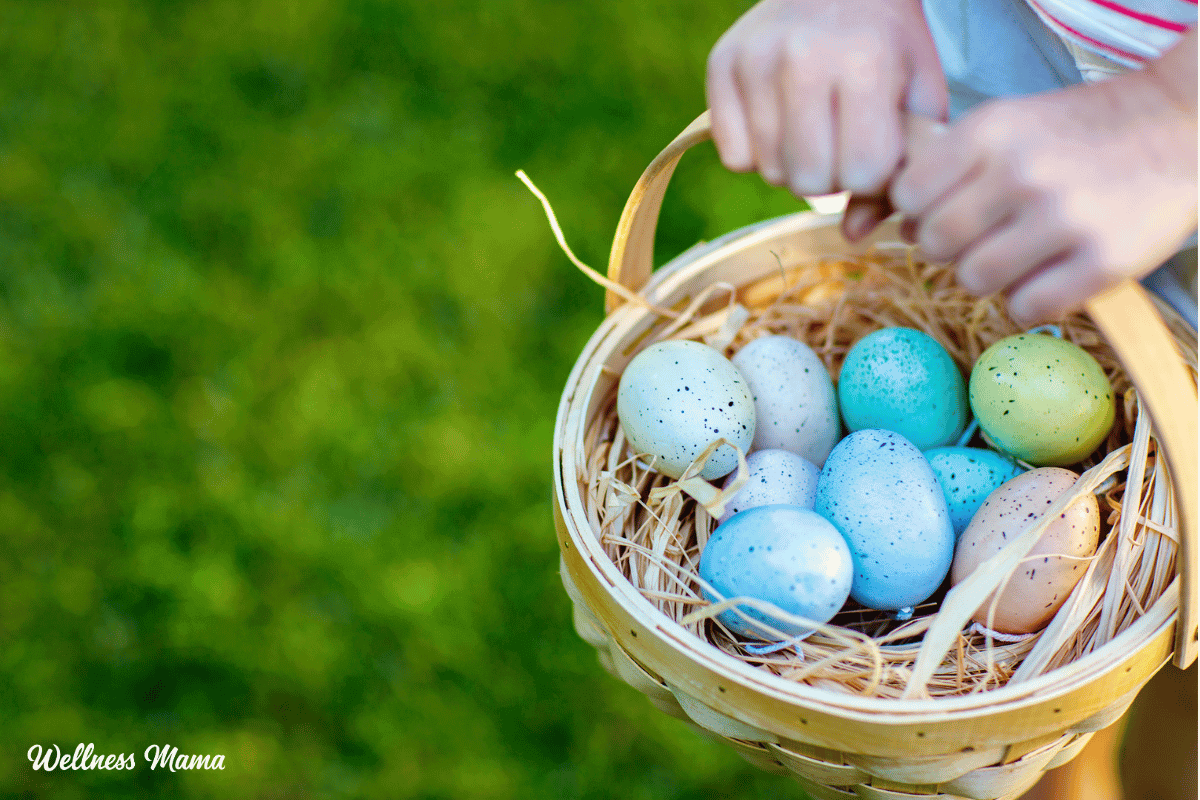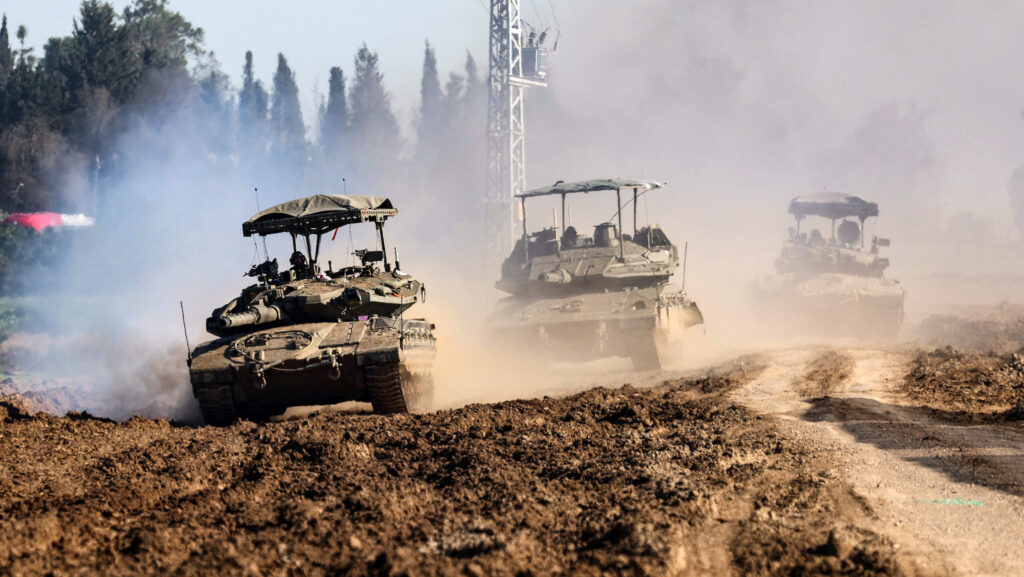“Alexander, don’t forget Valentine’s,” my friend’s words echoed as the call ended.
In the chaos of long workdays, these words faded into the back of my mind. My partner at the time, who was French, was expecting a celebration I had overlooked.
Caught in my routines, I had let Valentine’s Day slip my mind, leading to a day that started bad and quickly went downhill from there. My glaring rookie error as a young man made me realize the depth and importance of a tradition I had so casually overlooked.
From Ancient Rites to Modern Delights: The History of Valentine’s Day
Valentine’s Day, often seen as a symbol of romantic love, is much more than its modern commercial appearance suggests. Underneath lies a rich history, weaving together tradition, rebellion, and the changing nature of love.
The Martyrdom of Saint Valentine
The origins of Valentine’s Day intertwine the ancient Roman festival of Lupercalia with the martyrdom of Saint Valentine. These origins form a holiday that transcends time and culture, often overshadowed by the modern-day flurry of gift exchanges, but it is much more than chocolate and roses. Valentine’s Day is a timeless dance of love and tradition.
Ancient Love Letters
In the 15th century, Charles d’Orléans, imprisoned in the Tower of London, and Margery Brews, with her letters to John Paston (“my right well-beloved Valentine”, Margery writes), were among the first to intertwine Valentine’s Day with romantic love. Their words blend romantic idealism with the era’s realities, offering a timeless yet era-bound view of love.
The French Court of Love
The medieval “Court of Love,” especially under Charles VI (King of France – b. 1368-d. 1422), emphasized respectful treatment of women in courtship. This early form of romantic “code of behavior” highlights the timeless importance of treating women well, of respect and equality in relationships.
Valentine’s Day Today: A Celebration or a Contradiction?
Today, Valentine’s Day is a blend of history and commercialism, and it often feels like it raises questions about the authenticity of our expressions of love.
Do we feel connected right now this month of February? What if the relationship isn’t working so well right now, what do we do with Valentine’s day? Do we express heartfelt sentiments or just participate in ritualized affection?
Celebration and contradiction also reflect the changing nature of relationships and love. In a world where digital communication often takes over from face-to-face interactions, Valentine’s Day serves as a rare opportunity to rekindle the art of personal, heartfelt expression.
Rediscovering the Essence of Valentine’s Day
Rediscovering Valentine’s Day, to me, meant delving into its rich history and varied expressions of love. It was about appreciating the tradition with a personal touch, celebrating love as both a universal experience and a deeply personal journey – what John Gottman calls – “The Story of Us”. There is room for the heartfelt and its contradictions, both the highs and lows. That is, to me, the essence of Valentine’s Day.
Valentine’s Day: A Reflection of Our Own Love Stories
Each Valentine’s Day might invite us to reflect on our love stories, the challenges and triumphs we have shared, the affection and admiration for each other, and our shared meaning.
Are they also reflections of Saint Valentine’s defiance, Charles d’Orléans’ poetry, or Margery Brews’ tender letters? For me, this rich tapestry of romantic love, interlaced with enduring traditions, ignites an additional spark, breathing vibrant life into the narrative of our personal love stories.
Fuel might also be found in the joys of rom-coms, our favorite music, and the rich experiences of culture and nature. It resides in the closeness or absence we feel, and in the wisdom we seek from experts in love and relationships.
Valentine’s Day remains a testament to love’s enduring power, a force that has shaped history and defied norms, evolving as we do. As we navigate the complexities of modern love, this day reminds us of the simplicity and depth of genuine affection, guiding us through the changing landscape of human relationships.




















Discussion about this post